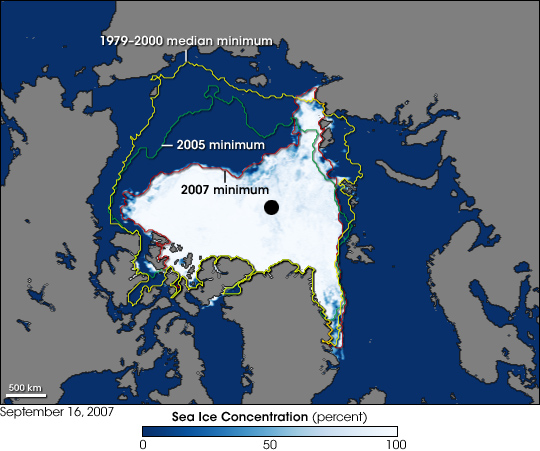perseus
Active member
Not at all. But the jury is still out on what causes "Global warming"
In theory there is always an element of uncertainty, that's the way science works. All claims are subject to counter argument. The IPCC doesn't actually say human caused global warming is confirmed and they probably never will, they simply say 90% sure, then 99% sure, no doubt they willl be 99.9% sure until it gets to the point it really makes little difference. Unfortunately, the media and in particular the organisations funded by the fossil fuel industry take advantage of this honesty to sow doubt in the minds of voters who see their cherised dream of riches and unbridled eternal growth threatened.
But you have to understand that science and juries work differently, juries require only reasonable certainty and all these juries agree that Human based Global warming is true beyond reasonable doubt
Since 2001, various national science academies have come together to issue joint declarations confirming anthropogenic global warming, and urging the nations of the world to reduce emissions of greenhouse gasses. The 32 signatories of these statements have been the national science academies of Australia, Belgium, Brazil, Cameroon, Canada, the Caribbean, China, France, Ghana, Germany, Indonesia, Ireland, Italy, India, Japan, Kenya, Madagascar, Malaysia, Mexico, Nigeria, New Zealand, Russia, Senegal, South Africa, Sudan, Sweden, Tanzania, Uganda, United Kingdom, United States, Zambia, and Zimbabwe.
If it looks, walks and barks like a dog chances are it is a dog even though our eyes will never be perfect. The facts are that temperatures have rapidly risen far more in the last hundred years than since the last ice age almost 10000 years ago, and to blame this on natural climate variation goes against all common sense. Moreover, the facts are that we know greenhouse gases MUST trap heat, we even build machines that utilise this principle. We also know that the temperature rise and the increase in greenhouse gases are closely related, therefore to gamble on inaction is pure insanity.

Last edited:

